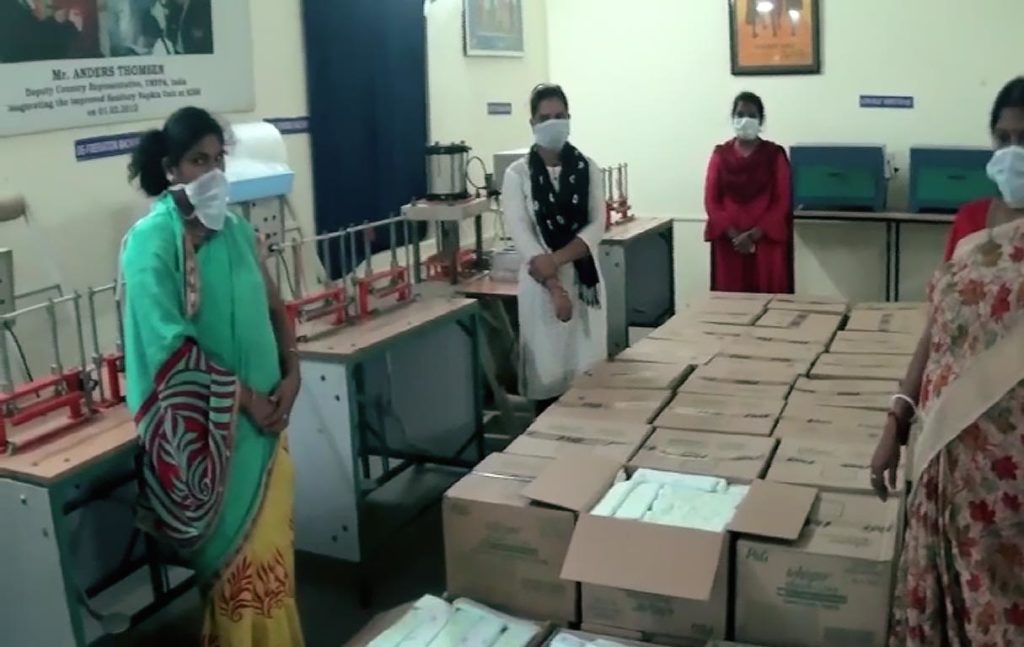Every year on May 28, non-governmental organisations, government agencies, the private sector, the media, and individuals come together to celebrate Menstrual Hygiene Day to highlight the importance of good menstrual hygiene management. This year the theme is ‘Periods in Pandemic’. It aims to highlight how the challenges faced by women during menstruation have worsened due to the ongoing pandemic.
“Periods don’t stop for pandemics — it’s every girl’s right to manage her period safely and with dignity.”
– UNICEF
Here are 6 related issues to ponder upon in the Corona Pandemic
- Menstrual supplies are essential items
Economic disruptions can lead to women and girls losing access to hygiene products. These include sanitary pads and tampons, menstrual cups, reusable napkins, pain medication and soap. Governments must ensure these items be declared essential and remain available. And civil society can play a huge role in spreading education about hygiene and distribution of sanitary napkins or other items with a guidance on usage and disposal. - Access to menstrual hygiene products for people in quarantine
It is difficult for patients in hospitals and in quarantine to obtain menstrual hygiene products. Those in charge must address the potential loss of access by ensuring adequate supplies. The healthcare staff need to be trained to sensitively meet these needs. - Health workers, too, need menstrual health Supplies
Around 70 per cent of healthcare workers are women. To effectively respond to the pandemic, they work long hours under intense pressure. This is particularly important for front-line health workers who wear personal protective equipment (PPE). Putting on and removing PPE prevents the quick changing of menstrual hygiene materials, leading women to bleed into protective suits, suppress menstruation through the use of oral contraceptive pills, or potentially miss days of work. - Poverty makes it harder to access menstrual hygiene supplies
People living in poverty already face barriers to obtaining menstrual hygiene supplies and related health services. - Coronavirus threatens the rights and health of vulnerable people who menstruate
Gender inequality, extreme poverty, humanitarian crises and harmful traditions can turn periods into a time of deprivation and stigma. These vulnerabilities are only increasing under the pandemic. - Rumours about menstruation
As education and health services have been disrupted, so has the flow of basic information about menstrual health and hygiene. There’s a need for new and creative ways to educate people about menstruation, to dispel rumours and spread positive, accurate information.
KISS’s Role: –
KISS has distributed almost 1 Lakh pads in all the districts of Odisha during lockdown so that no women or girl is left behind because of period.




Get Social